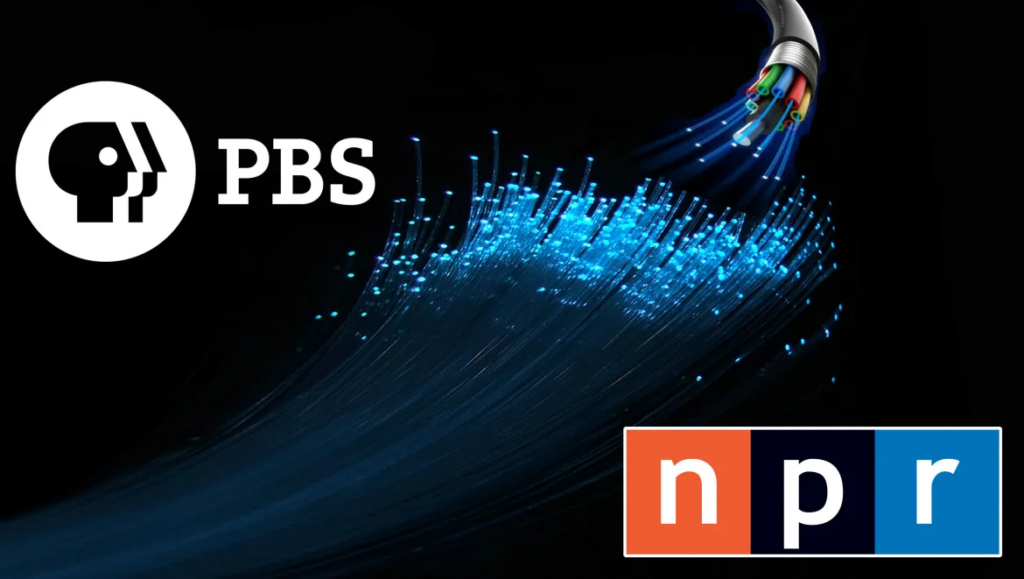Challenges Facing NPR, PBS, and Public Radio in a Changing Media Landscape
A Renewed Push Against Public Media
Republican Senator John Kennedy’s “No Propaganda Act” reignited debates over federal funding for public media. Billionaires Elon Musk and Vivek Ramaswamy have also called for eliminating public media support, aligning with President-elect Donald Trump’s cost-cutting advisory group. Similar efforts have faced resistance for decades, but today’s media landscape presents new vulnerabilities.
Public radio, led by NPR, faces competition from commercial giants like Spotify and The New York Times. Declining audiences, incomplete digital transformations, and political tensions have weakened its position. Kennedy’s bill marks a potential turning point, as Republicans now focus intensely on reshaping media.

Public Media’s History of Resilience
Efforts to defund public media date back to the Nixon era, with figures like Fred Rogers defending its value. While past Republican initiatives to cut funding from the Corporation for Public Broadcasting (CPB) failed, current political dynamics present unique challenges. NPR’s traditional defenses—rural Republicans and moderate voters—may no longer be enough.
NPR and PBS have historically emphasized their educational and informational roles. However, shifting media consumption patterns have led critics, such as Rep. Scott Perry (R-Pa.), to question their relevance. Perry argues that changing technology and perceived liberal bias make public radio a “detrimental expenditure” for taxpayers.
Digital Transformation and Organizational Challenges
NPR’s struggles to adapt to digital trends compound its vulnerabilities. Despite successes like the Up First podcast and Tiny Desk Concert series, NPR lags behind competitors. The rise of podcasts such as The Daily has eclipsed flagship programs like Morning Edition.
Internal divisions between NPR and its member stations further complicate progress. Some stations see NPR’s national digital efforts as a threat to their local branding and sponsorships. Financial challenges have also hindered innovation, with major stations like WNYC and KQED facing budget cuts and layoffs.
Opportunities Amidst Threats
While losing federal funding would damage NPR and its member stations, it might also spark innovation. Forced independence could lead stations to take creative risks, potentially attracting new audiences. Public media could also rally dormant support from listeners who value its educational and cultural contributions.
NPR’s leadership remains committed to adapting. A spokesperson emphasized efforts to meet audiences “where they are,” balancing radio and digital priorities while collaborating with member stations. However, significant structural reforms will likely be needed to ensure long-term survival in a competitive and changing landscape.
Public media faces its most serious threat yet as funding debates coincide with internal and external challenges. Whether through adaptation or political resilience, the coming years will determine its role in America’s media ecosystem.
Our Visitor






 Users Today : 40
Users Today : 40


